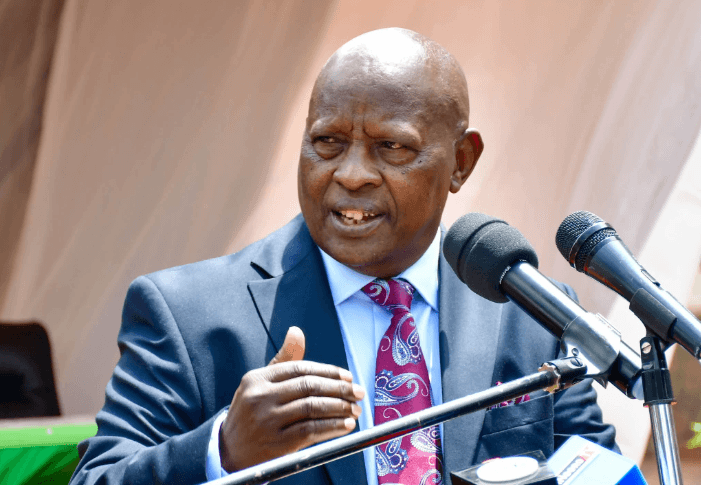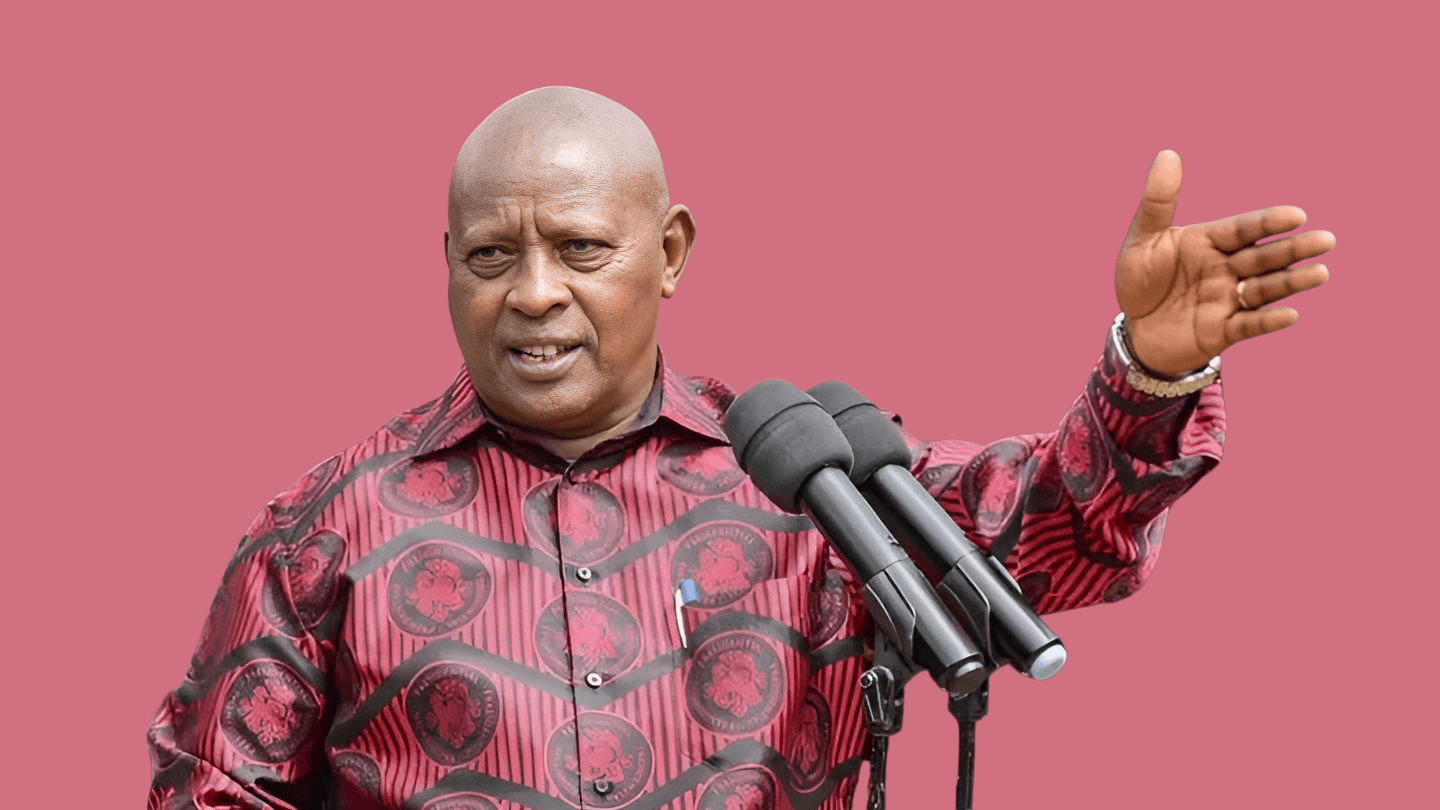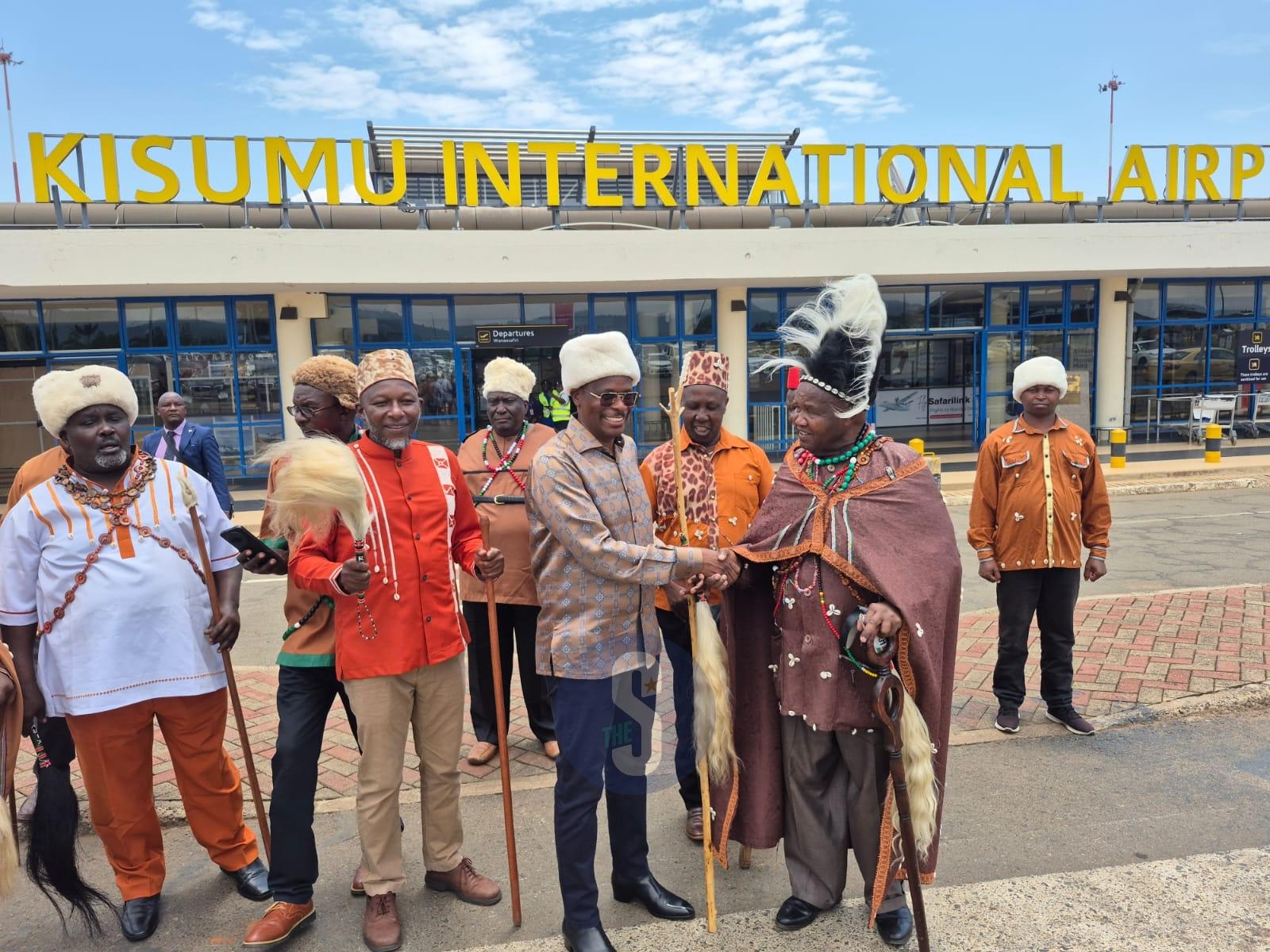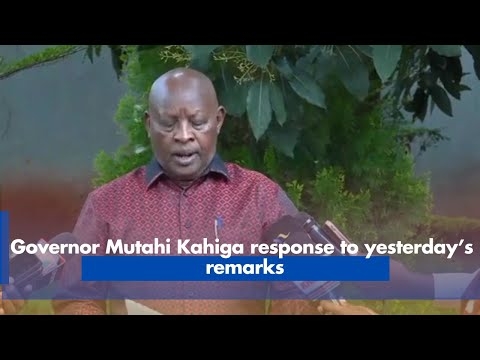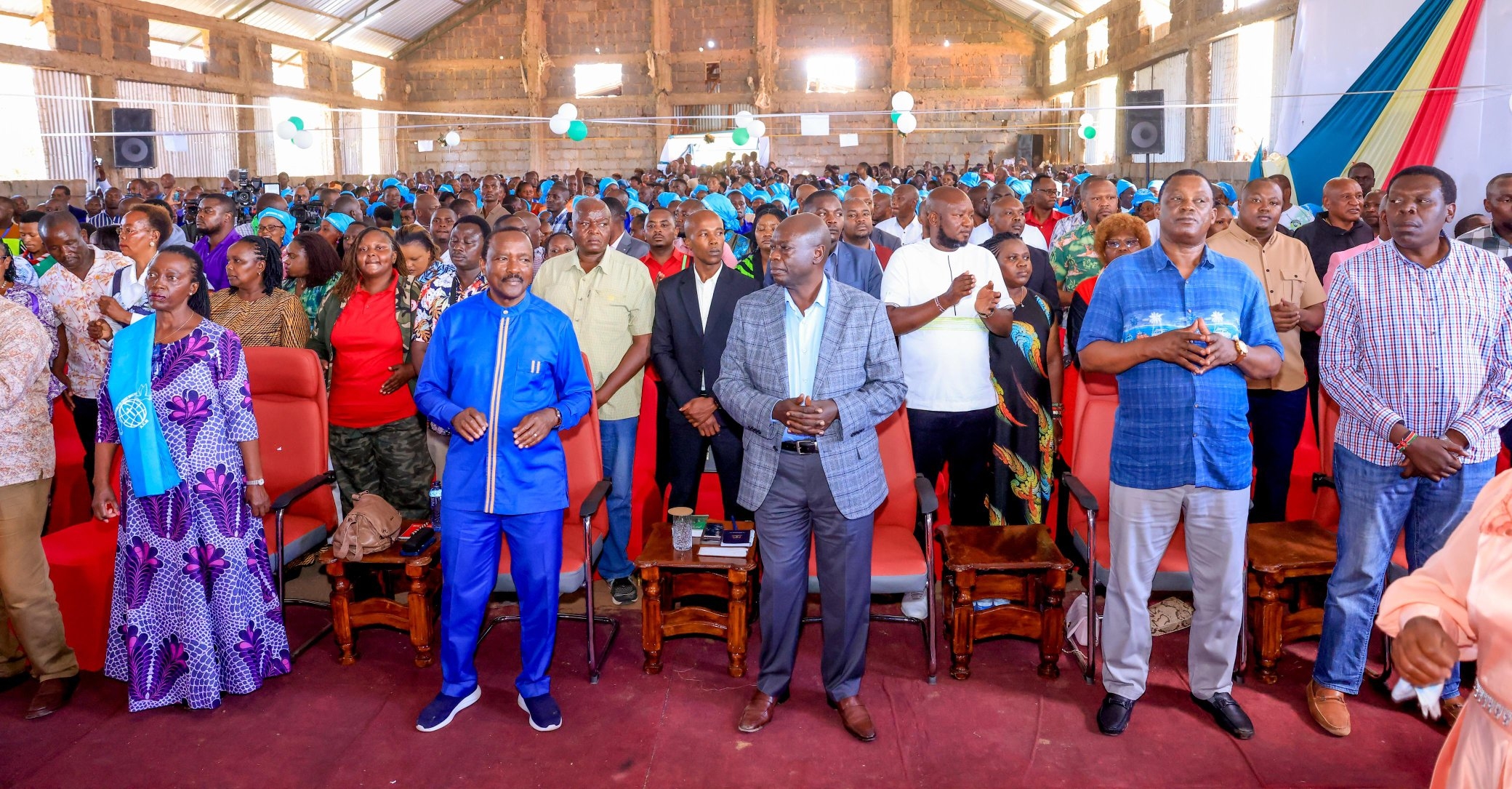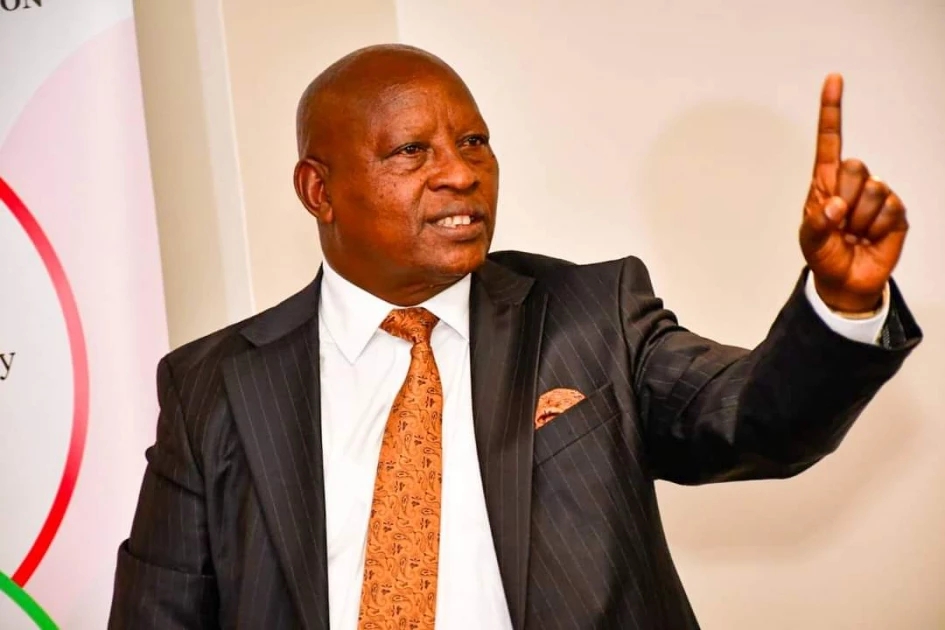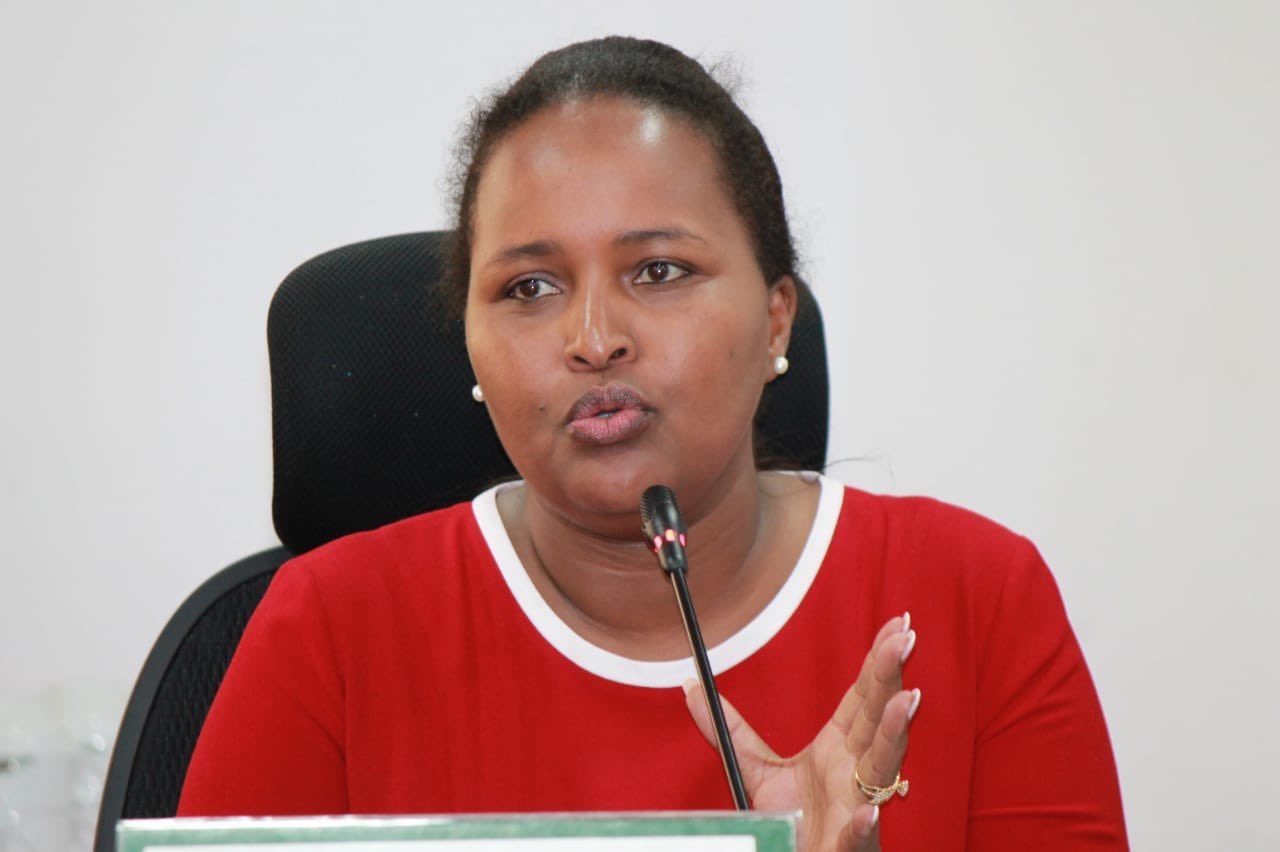In the wake of the Shakahola killings, where more than 400 lives were lost due to extremist religious practices, Kenya's presidential taskforce, led by Rev Mutava Musyimi, delivered a crucial report to President William Ruto in July.
The report proposed the creation of a Religious Affairs Commission to oversee religious organisations, enforce mandatory financial reporting, impose severe penalties for religious fraud and restrict political involvement by religious institutions. Additionally, it recommended revising educational curricula to foster religious tolerance and enhance public awareness about the dangers of extremism. These measures aim to prevent future tragedies, curb religious exploitation and safeguard the freedom of worship.
The Kenyan church has long faced issues of disunity, poor public perception and problems, like 'artificial' miracle workers. Recent societal changes, particularly vocal protests from Gen Z, have heightened frustrations with both governance and the church’s role in public life.
Youth actions, such as threatening to seize microphones from politicians in church services, underscore growing discontent with the church's perceived political bias and its failure to be a unifying spiritual force. The pentecostal church, increasingly charismatic in recent decades, has seen some of its leaders tarnish its reputation.
Against this backdrop of fragmentation, Apostle Joshua Selman’s message at the Rhema Feast 2024 in Nairobi, organised by Pastor Julian Kyula, was a crucial call to action for church leaders across Kenya. A globally renowned Nigerian pastor, Selman is celebrated for his profound teachings on spiritual authenticity, unity and integrity, which drive impactful transformation and deeper faith.
His address was not merely a sermon but a strategic and reflective appeal for church leadership to address the urgent need for unity and integrity within their spiritual mandate. The Rhema Feast, attended by hundreds of thousands, especially young Kenyans, offered an ideal platform for this moment of deep reflection.
Central to Selman’s teaching was a transformative view of the Holy Communion. Traditionally a ritual symbolising Christ’s sacrifice, Selman redefined it as a symbol of the church’s need for unity. He explained that just as the bread and wine represent Christ’s body and blood, they should also signify the church’s interconnectedness.
Quoting 1 Corinthians 12:12—“For just as the body is one and has many members, all the members of the body, though many, are one body, so it is with Christ”—Selman urged church leaders to embrace the church’s diverse gifts while recognising the essential need for interdependence.
In Kenya, where the church has often been divided along denominational, ethnic and political lines, Selman’s timely message was a compelling call for unity. He underscored the scriptural truth that God has placed His talents and gifts in "earthen vessels" (2 Corinthians 4:7), emphasising that no single leader can fully grasp God through solitary experience.
According to Selman, we must rely on the collective body to reveal the full dimensions of God. He argued that for the body of Christ to function effectively, it must operate as a cohesive unit, with each part supporting the others to reveal God’s broader intent. His focus on humility over self-sufficiency highlighted that true spiritual leadership requires collaboration. The church must become a place where both leaders and congregations embrace their interdependence to harness its diverse gifts and emerge as a powerful and effective force, rather than remaining an amalgamation of fragmented factions.
Selman’s call for interdependence extended beyond spiritual gifts to encompass leadership itself. His advice to youth and church leaders was particularly impactful: “Follow those who are following Christ.” This counsel carried significant weight for young Kenyans who often look up to church leaders, some of whom may be crooked or manipulative.
Selman urged them to scrutinise their leaders carefully before emulating them, citing Hebrews 13:7, which says, “Remember your leaders, those who spoke to you the word of God. Consider the outcome of their way of life, and imitate their faith.” This should serve as a measure for deciding whether to continue under a particular leader’s guidance. If a leader fails to follow Christ’s example, it is their duty to step away.
His message on discerning leadership struck a powerful chord with the youth, who are increasingly sceptical of authority figures in the church, governance and politics. He emphasised that leadership is not about titles or charisma but a genuine pursuit of Christ’s teachings, resonating with a generation seeking authenticity.
Addressing systemic issues like corruption and poor governance, Selman highlighted how these problems, rooted in individualism and disunity, have weakened the church’s collective voice. By using the Holy Communion as a symbol of unity, he reinforced that the church’s strength lies in functioning as one body, rather than in isolation.
Ascending to this level of maturity by the church can greatly help the Kenyan society. Church leaders must transcend denominational and ethnic divides, focusing instead on the broader mission of spreading the gospel and embodying Christ’s example. Drawing from Ephesians 4:11-13, which describes various roles within the church—apostles, prophets, evangelists, pastors and teachers—Selman’s message was clear: no one person or office holds supremacy within the body of Christ. The church must function as a collective, leveraging the strengths and gifts of all its members even as honour is sustained.
The Rhema Feast 2024, featuring a diverse assembly of spiritual leaders from across Africa, highlighted the deep hunger for truth and effective leadership. The event, which included the attendance of prominent figures like Bishops John Brown Masinde and Mark Kariuki -both of the Deliverance Church International – has become a powerful platform for national prayer and spiritual regeneration.
Organised by Kyula, a spiritual protégé of Bishop Masinde, the feast showcased Kyula's transformative impact on Kenya’s spiritual landscape. His emphasis on unity, spiritual growth and community engagement has revitalised the church, empowering many to embrace a faith that is both relevant and impactful in Kenyan society.
Political commentator


